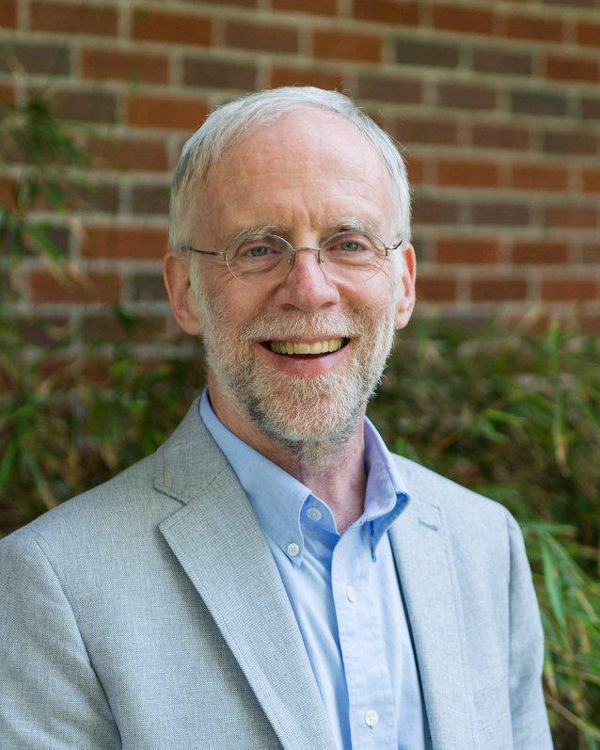Join the World Religions World Church Area in the Notre Dame Department of Theology; the McGrath Institute for Church Life; and the Notre Dame Institute for Advanced Study for a public lecture by renowned theologian Rev. Dr. Francis X. Clooney, S.J., entitled “St. Joseph in South India: When an 18th-Century Jesuit Retold the Story of the Holy Family.”
In this public lecture, Fr. Clooney will share his most recent project about Constantine Beschi, SJ (1680-1747), an Italian Jesuit who lived and worked for four decades in South India. A brilliant linguistic, he pioneered the Western study of the Tamil language with a Latin grammar and Tamil-Latin dictionary; hymns for church use; a guidebook for catechists; apologetic treatises defending Catholicism against the nearby Lutherans; and a satirical anthology of tales of a guru and his disciples. Most famously, he composed an epic poem in high Tamil style, “Tempavani” (“The Unfading Garland”), which retold, from St. Joseph’s viewpoint, the story of the Incarnation from the birth of Joseph and Mary up to the death of Joseph and Jesus’s visit to the Temple at age 12. This vast work, nearly 4,000 verses long, is considered a masterpiece of Tamil literature and a classic retelling of the Christian story for a new audience in a new language in a new culture. “Tempavani” and the whole range of Beschi’s work raise interesting questions about myth and history in Christian self-presentation, linguistic and cultural resources for Christian mission, and the intersection of doctrine and aesthetics in Christian literature. This lecture is open to all students, staff, faculty, and members of the general public.

Francis X. Clooney, S.J. is Parkman Professor of Divinity and Professor of Comparative Theology at Harvard Divinity School and a distinguished fellow in residence at the Notre Dame Institute for Advanced Study. His primary areas of Indological scholarship are theological commentarial writings in the Sanskrit and Tamil traditions of Hindu India. Professor Clooney is also a leading figure globally in the developing field of comparative theology, a discipline distinguished by attentiveness to the dynamics of theological learning deepened through the study of traditions other than one’s own.
No comments:
Post a Comment